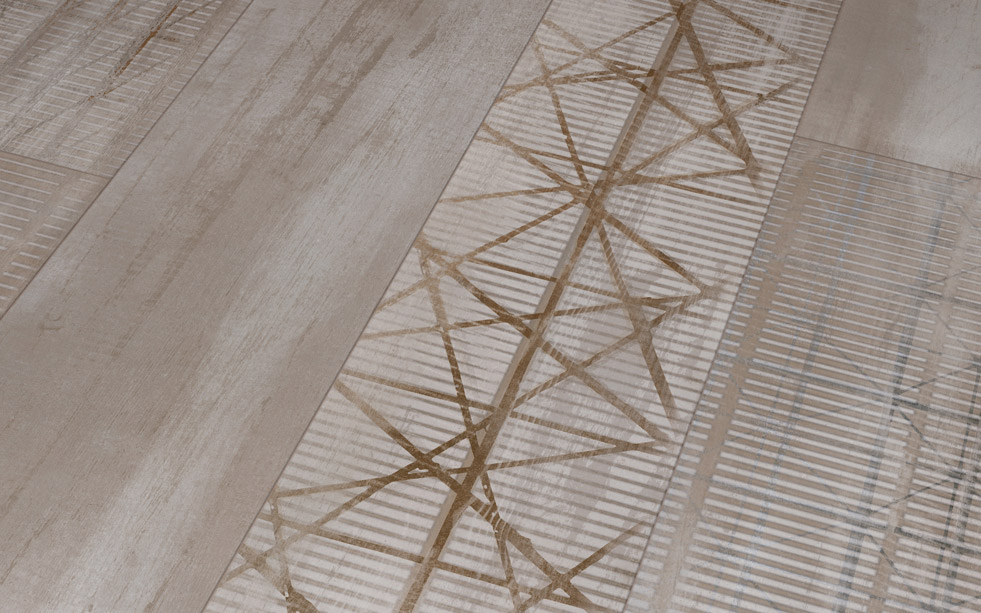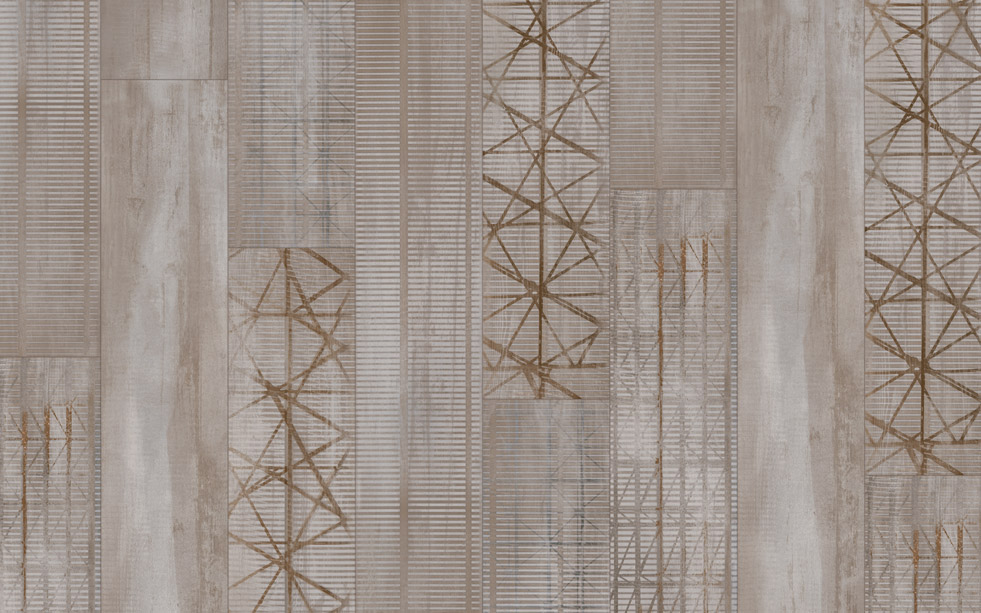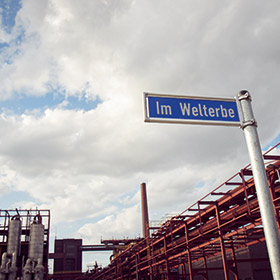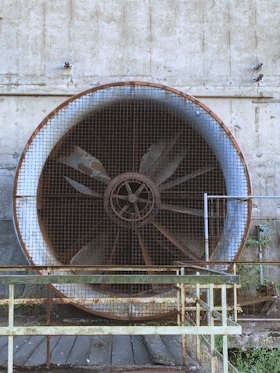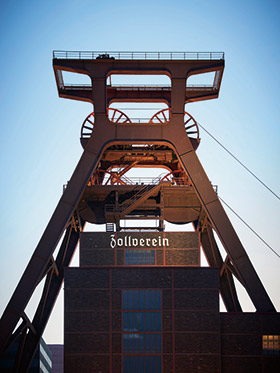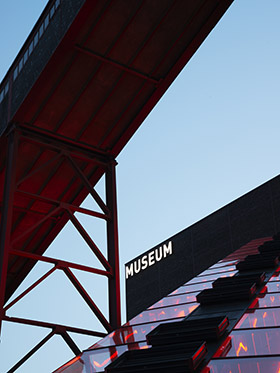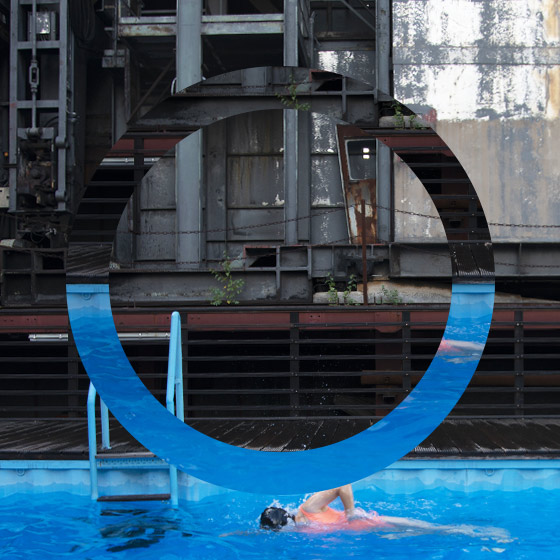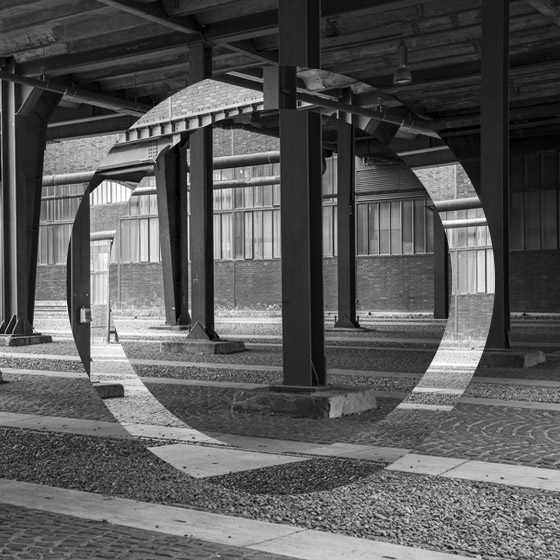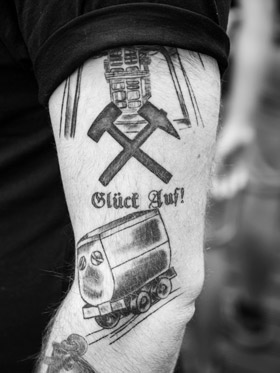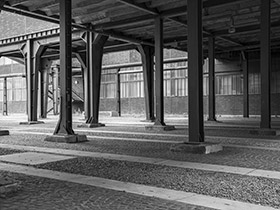It is perhaps the most beautiful coal mine in the world and for some people even the "Eiffel Tower of the Ruhr area". With the UNESCO World Heritage Site, Essen is the anchor point of the European Route of Industrial Heritage. At the time when the mining industry was operating at full capacity, the Zollverein colliery was just one of over 300 mines in the Ruhr area. But the Ruhr Valley has been reinventing itself since the nineties. The tradition of the miners is never forgotten despite structural change.
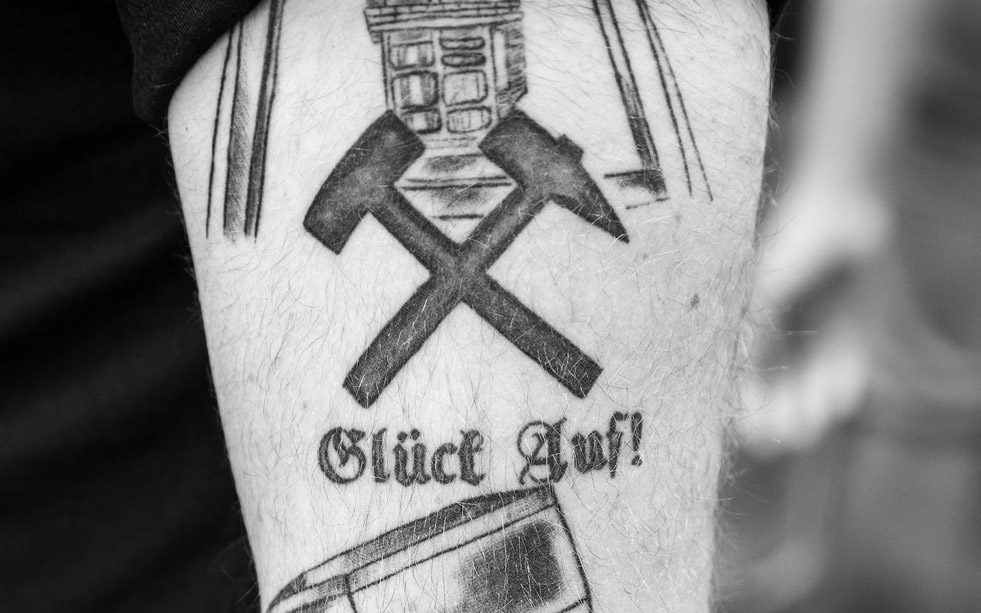

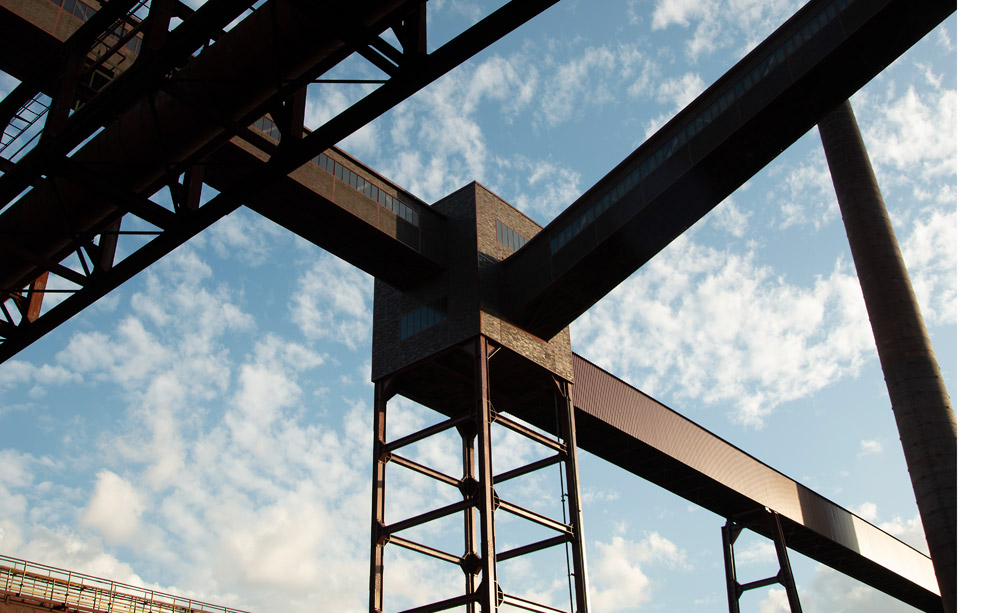





The Ruhr area, also called Ruhrpott (Pott for short), is known throughout Germany for its openness, for its cordiality and for its solidarity. This developed historically, because the "underground drudgery" required mutual trust. Every day, millions of men risked their lives and their health to bring the black gold to the surface. Weather man, pit foreman, squire, tusker, cart runner: all the miners were covered with a black layer of dust at work, the dirt started in the washing machine and shirts were only neat and clean on Sundays. A colliery brings generations together – sons, fathers and grandfathers usually worked at the same colliery: "Born on coal", they still say in the Pott today. Because the fathers are still around and pass on their memories to their sons and grandchildren.



